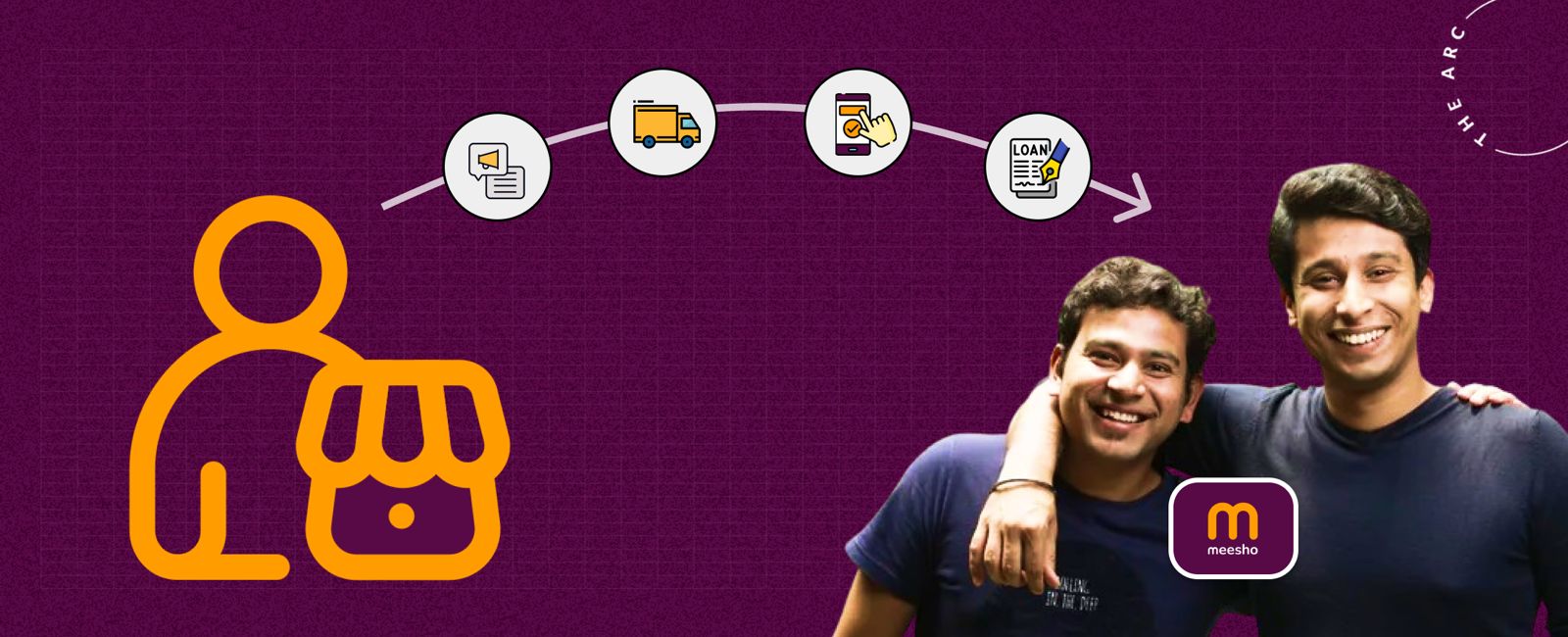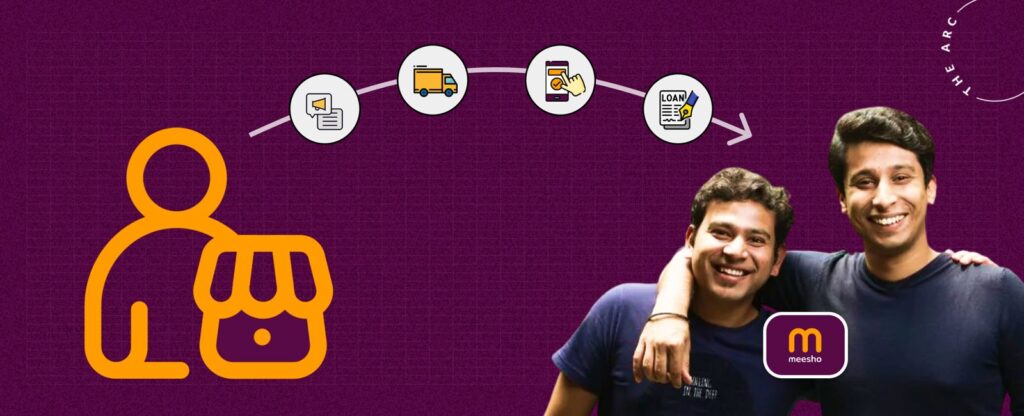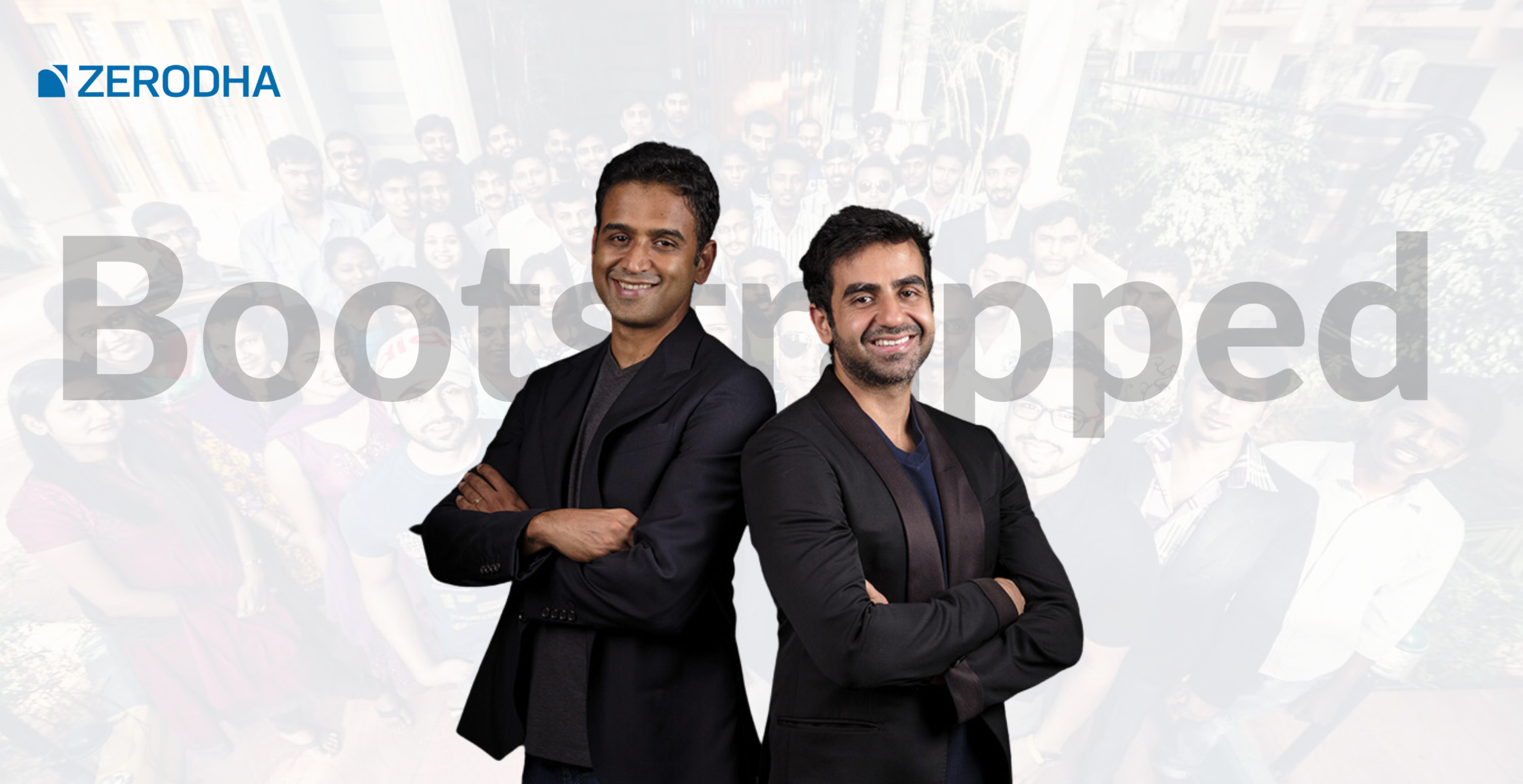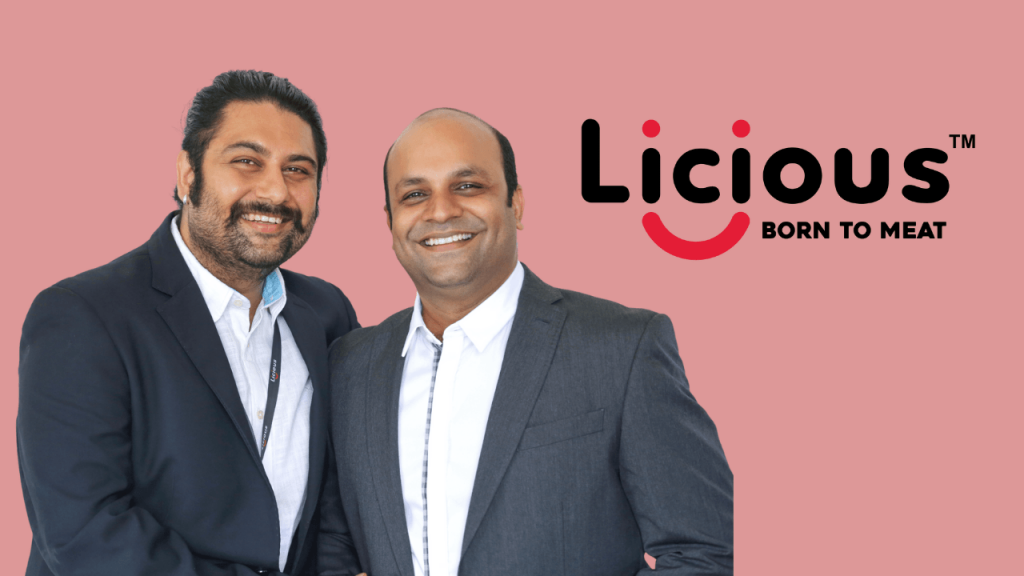
Meesho: Empowering Entrepreneurs through Social Commerce

Inshort
| Industry | E-commerce |
|---|---|
| Founded | December 2015; 8 years ago |
| Founders | Vidit AatreySanjeev Barnwal |
| Headquarters | Bangalore, Karnataka, India |
| Area served | India |
| Key people | Vidit Aatrey (CEO)Sanjeev Barnwal (CTO) |
| Services | Online shopping |
| Revenue | |
| Net income | |
| Owner | Fashnear Technologies Private Limited |
| Website | www.meesho.com |
Introduction Meesho, founded by Vidit Aatrey and Sanjeev Barnwal in 2015, is a social commerce platform that empowers individuals to start their online businesses by reselling products through social media channels.
Growth and Success Meesho’s innovative business model has attracted millions of resellers, primarily homemakers and small business owners. The company achieved unicorn status in 2021, reflecting its significant impact on the e-commerce landscape in India.
Future Prospects With continuous investment in technology and a strong focus on empowering entrepreneurs, Meesho aims to become the go-to platform for social commerce in India.
Meesho (short for Meri Shop, trans. My Shop) is an online shopping platform owned by the Indian company Fashnear Technologies Private Limited. It is an online marketplace that facilitates trade between suppliers, resellers and customers, with heavy reliance of external social media platforms such as Facebook and Instagram.
History
Fashnear Technologies Private Limited was established by IIT Delhi graduates Vidit Aatrey and Sanjeev Barnwal in December, 2015 as an on-demand delivery service like Swiggy but for fashion products from local shops. The startup failed. In 2016, the founders came up with the idea of re-establishing the platform as Meesho, one that would enable country-wide shipping for resellers with the use of social media sites as tools for marketing.
Meesho had 209,000 users and 1.2 million orders per month in February 2019 and 563,000 users and 3.1 million orders per month in March 2020. It saw big growth during 2021 and 2022. Meesho’s monthly transacting user count rose 26 times during 2020–2022. Globally, Meesho mobile app was among the top most downloaded apps in 2021. In 2022, Meesho had about 120 million monthly users and about 910 million orders were made through the platform. It soon became one of India’s fastest growing e-commerce platforms. Its gross merchandise value (GMV) increased ninefold in two years and was at about $5 billion in 2022 (for comparison, Flipkart’s GMV stood at $23 billion).
In 2023, Meesho was named one of the most influential companies of the year by Time (magazine). In the same year, Meesho also became the fastest shopping app to cross over 500 million downloads.
In 2024, Meesho introduced Valmo, a logistics marketplace, to provide shipment services to sellers by aggregating multiple logistics providers. Meesho employs over 3,000 small businesses and 10-12 large firms for warehousing and sorting operations within its logistics framework.
According to a report by The Economic Times, Meesho’s Gross Merchandise Value (GMV) exceeds $5 billion, with a focus on fashion, beauty, and home categories. The platform boasts 120 million monthly active users, with 80% of its sellers identified as retail business owners and 95% of its offerings being unbranded.
Funding
Meesho is funded by multiple investment companies including Fidelity, Softbank, Prosus, B Capital Group, Sequoia India and Meta. Meesho has held many funding rounds.
- Series A in October 2017: US$3.4 million
- Series B in June 2018: US$11.5 million
- Series C in November 2018: US$50 million
- Series D in June 2019: US$25 million funded by Meta Platforms. Meesho became the first startup in India to receive investment funding from Facebook.
- Series F in September, 2021: Meesho, announced funding of US$570 million led by Fidelity Management & Research Company and B Capital Group.
In 2021, the company announced that it had raised approximately US$1.1 billion in funding thus far and currently has a cash buffer of US$400 million.





